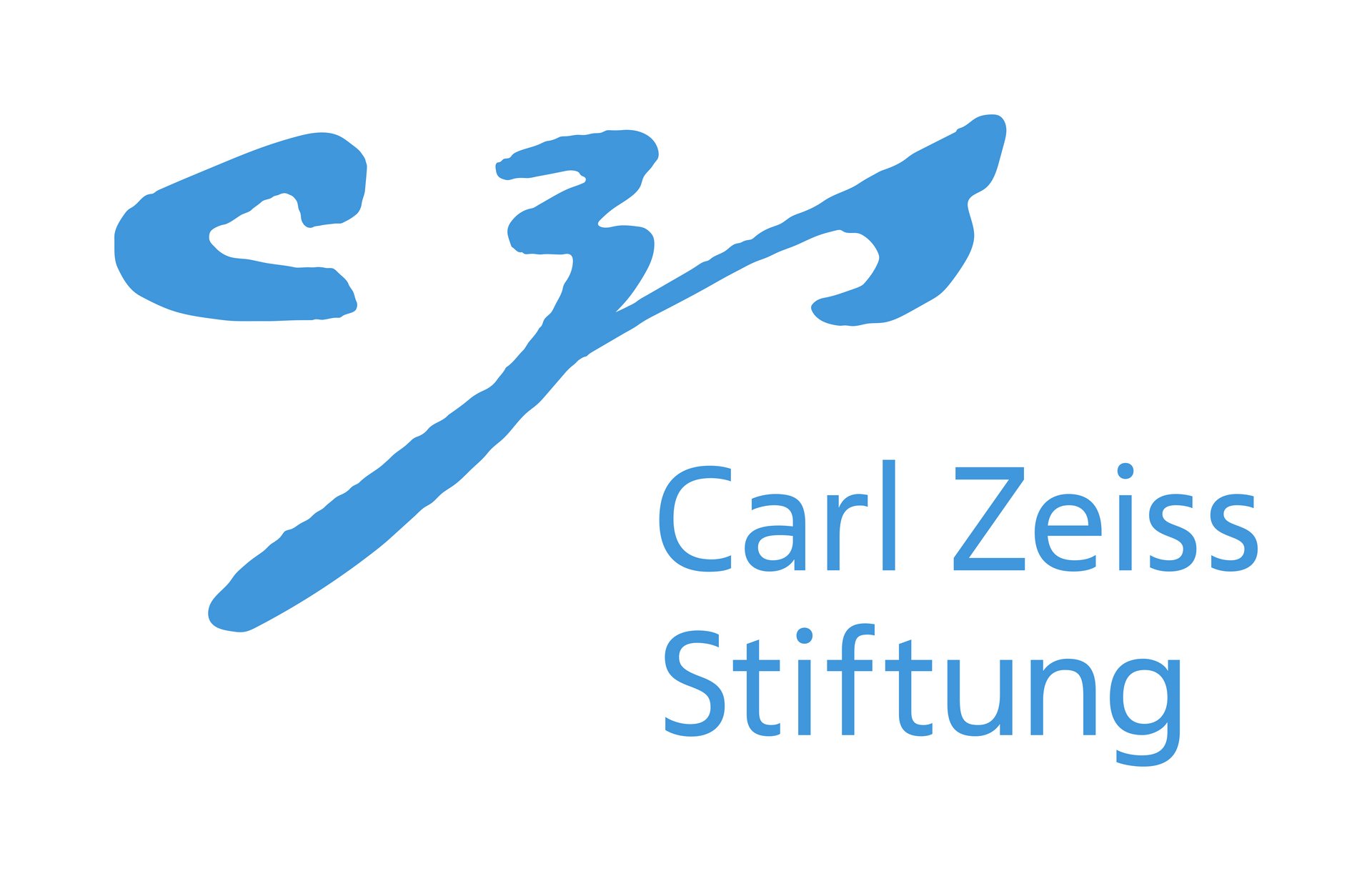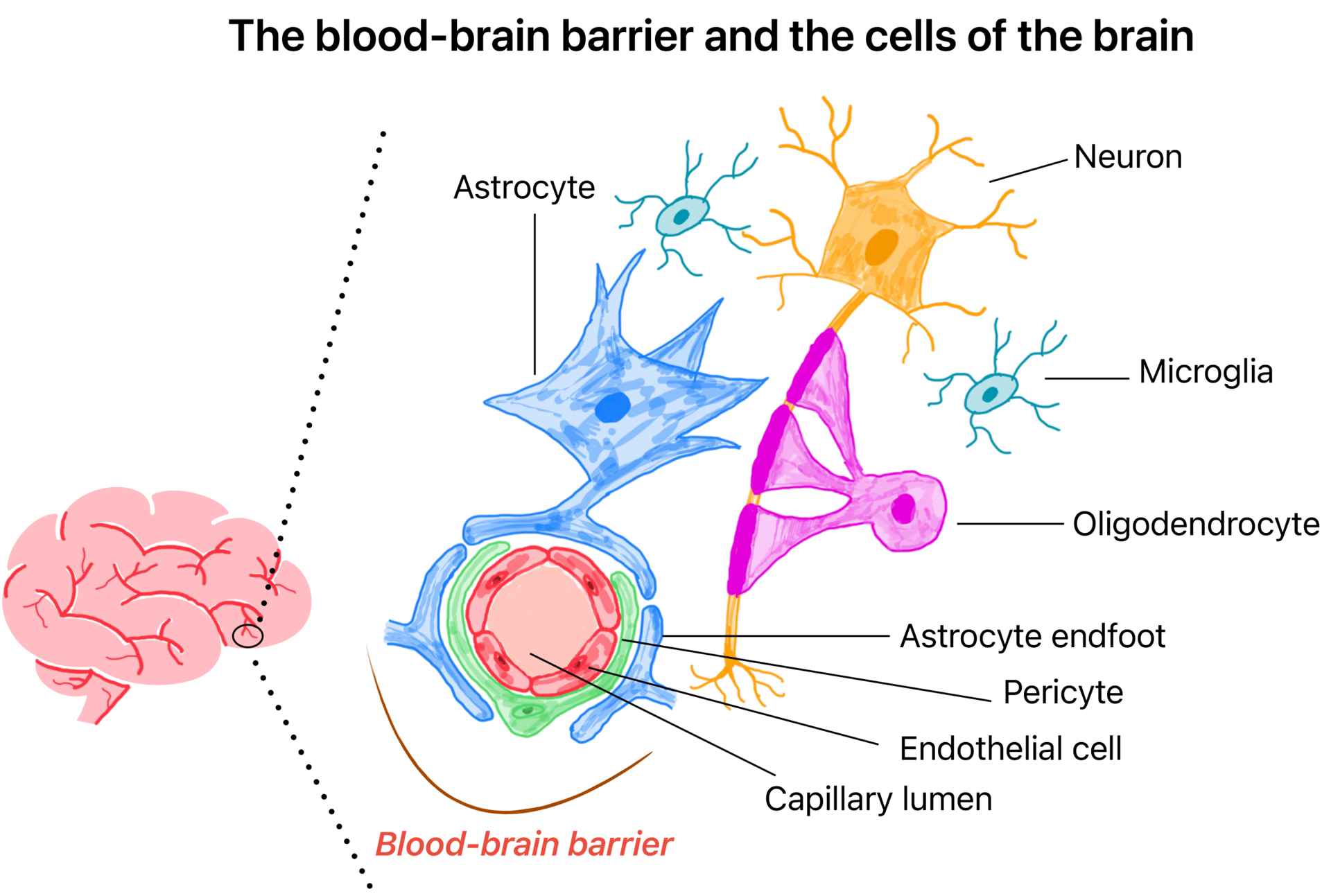
Cellular test systems
Research activities Ercan Herbst-Lab
The current research project is concerned with the development of an advanced model based on induced pluripotent stem cells for investigating the human blood-brain barrier.
Project: 3D-hiPSC-BBB – In Vitro Human Stem Cell-Based Blood-Brain Barrier Platform for Studying Drug Delivery and Neurological Disorders
The blood-brain barrier (BBB) is a highly selective interface that protects the brain from harmful substances circulating in the bloodstream while preserving the stable environment essential for neural activity. However, dysfunction of the BBB is implicated in a wide range of neurological disorders. At the same time, its protective nature presents a major obstacle to the effective delivery of therapeutic agents to the brain. Consequently, there is a critical need for physiologically relevant, human-based models to advance neuropharmaceutical research.
Under the leadership of Prof. Dr. Ebru Ercan Herbst, the 3D-hiPSC-BHS project is working to meet this challenge by developing an advanced in vitro BBB model derived from human induced pluripotent stem cells (iPSCs). This model integrates multiple brain cell types within a nanofibre-based 3D scaffold and a transwell system. It offers a promising platform to assess drug permeability, study cellular responses, and explore the molecular mechanisms driving BBB disruption in neurodegenerative and neurological diseases.
Project duration 01.01.2025-31.12.2026
Funding: Carl Zeiss Foundation Research Start Programme

![[Translate to English:] [Translate to English:]](/fileadmin/_processed_/1/e/csm_Ercan_Herbst_65bd316e60.jpg)
![[Translate to English:] [Translate to English:] Dr. Sinem Agilkaya](/fileadmin/_processed_/2/9/csm_Agilkaya_f98c74a365.jpg)





